Health Care
Technologies like IoT and AI in Healthcare are improving to make complex tasks like healthcare easy, fast, and accurate.
Why?, use of IoT, AI, and ML in Healthcare
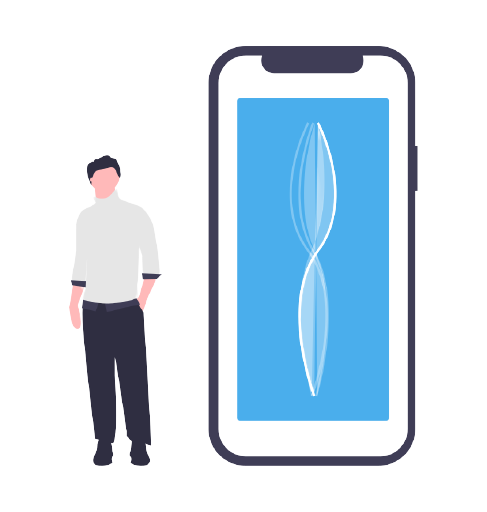
AI in Healthcare
The use of artificial intelligence is growing rapidly in health care, it is used for image recognition of the patient and the discovery of patterns in complex situations. Artificial intelligence in health care is changing the way information is collected, analyzed, and developed for patient care and treatment.
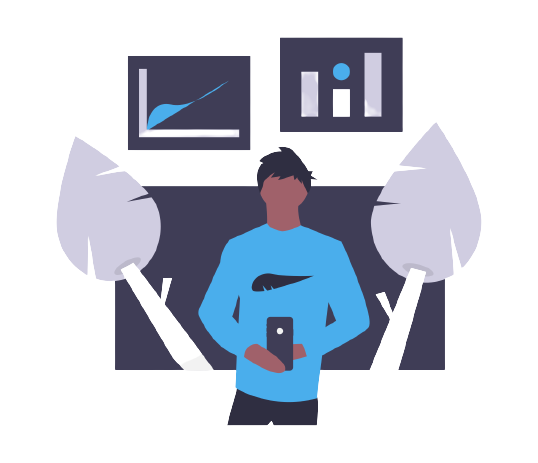
IoT in Healthcare
Bring a great revolutionary change in the medical world by the IoT. Through this technology, we are also building smart sensors and smart hospitals to treat all the health problems or diseases that are there. IoT promises to provide personalized, accessible, and up-to-the-point healthcare at a low cost, and through this technology, we have many areas from remote health monitoring to broadcasting real-time alerts where healthcare access to IoT is done
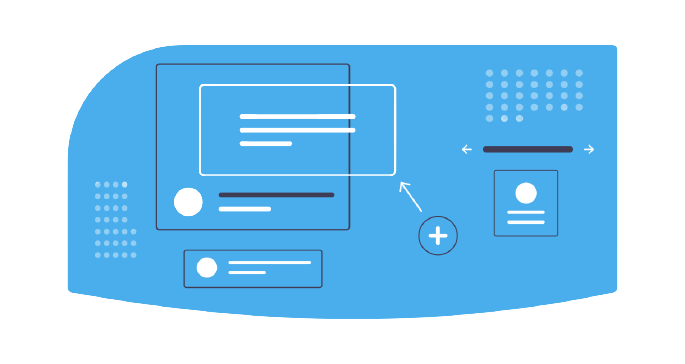
ML in Healthcare
We are creating many applications with the help of machine learning, which are proving to be very helpful in health care, with the help of these machine learning applications, we can get accurate and fast patient disease information and information.
Sample loT & ML Use Case: Monitor Patient Vitals in Real-Time with Sensor data
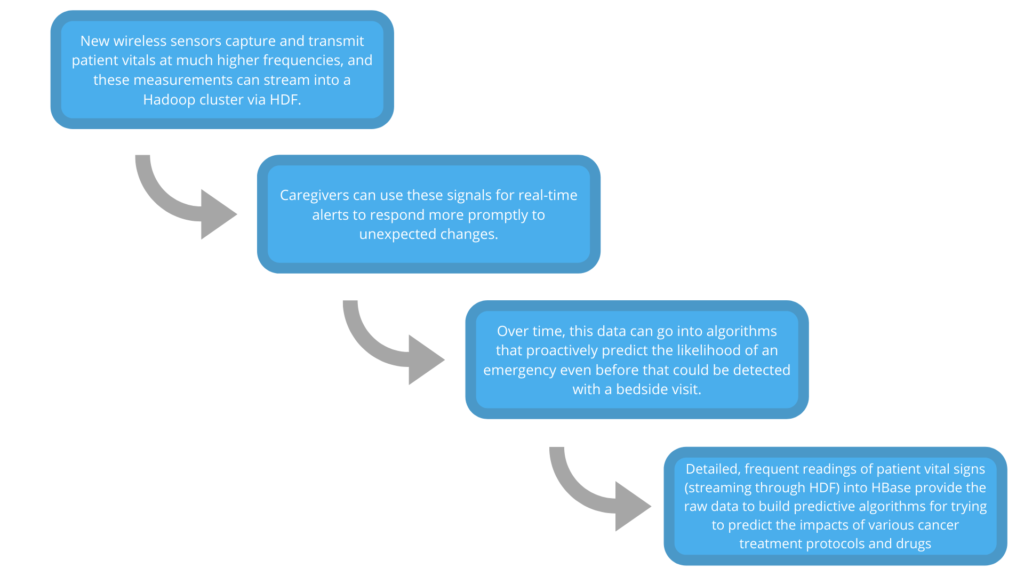
Benefits
- Proactively Predict Events rather than reactively
- Real-time Alerts
- Capture & Transmit Patient Vitals at Much Higher Frequencies
- Managing The Volumes of System Sensor Data
- Example
• In a typical hospital setting, nurses do rounds approximately every 15-30 minutes and manually monitor patient vital signs, but the patient’s condition may decline between the periodic visits.
• This means that caregivers often respond to problems reactively, in situations where arriving earlier may have made a huge difference in the patient’s outcome.
Give “patient A”, “drug A” and monitor outcome in patient vital signs (body temperature, pulse rate, 02 levels, blood pressure, respiration, etc.). Give a similar “patient B” drug B and monitor what happens to that patient. Over time with multiple identical symptom types/cohorts to find what is the optimal prescription, dosage, occurrence, and combination yields the best results for a specific patient.
Analytics System
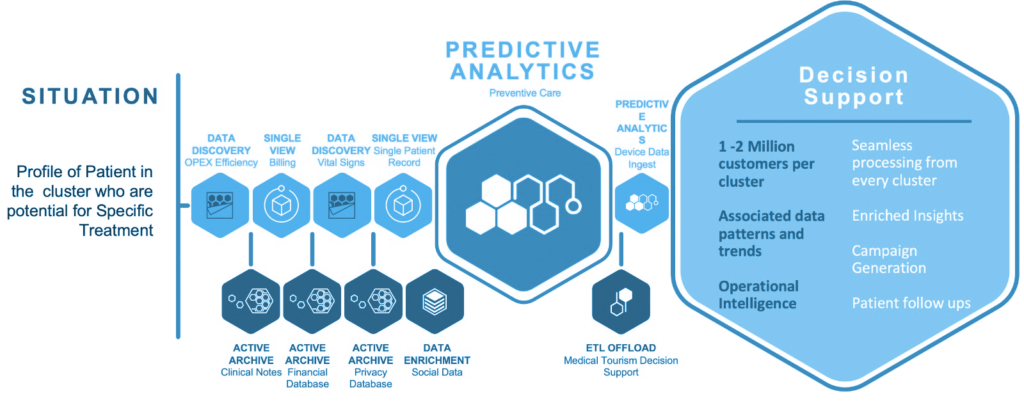
Chest disease (Tuberculosis/Pneumonia and other diseases) detection and hospitalization time planner using AI on Digital X-ray
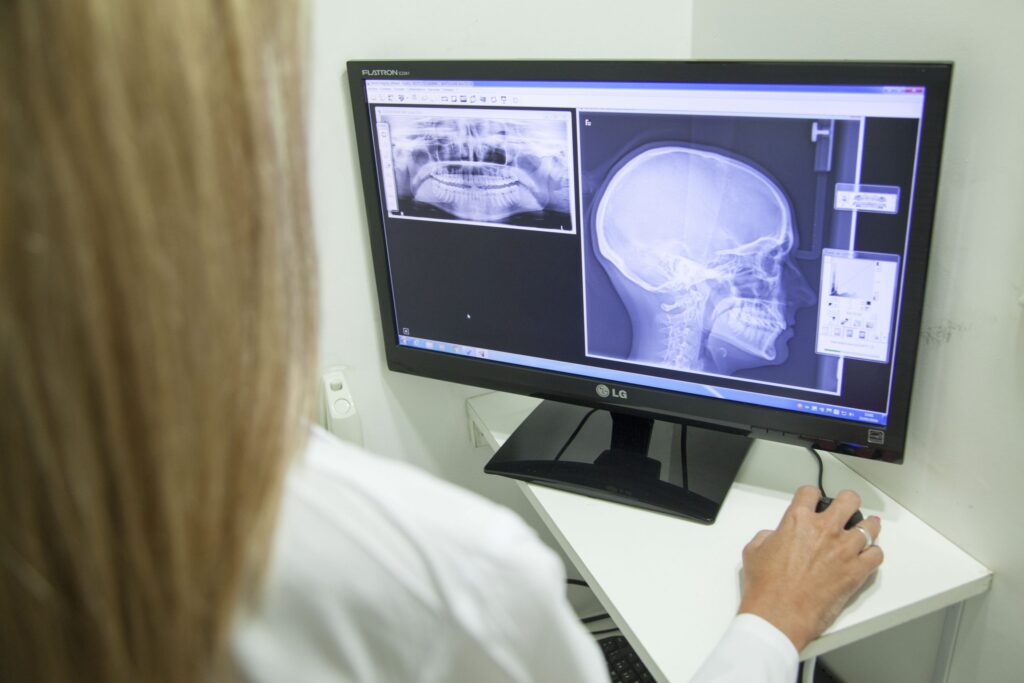
Agenda
- Why Use AI For X-ray Reading
- Problem Statement
- Disease Detection Model – Architecture
- Demos for Detecting Pneumonia and Tuberculosis
- AI in Various Aspects of Patient Care
Why Use AI For X-ray Reading
- The global digital X-ray market is projected to grow to USD 13 billion by 2023.
- As per a study in October 2020, “it is possible to build AI algorithms that reach and exceed the mean level of performance of third-year radiology residents for a full-fledged preliminary read of AP frontal chest radiographs”
- Using AI for reading X-rays is getting wide acceptance e.g. US FDA approved use of AI in this area for certain conditions
AI-Based Solutions for Hospitals
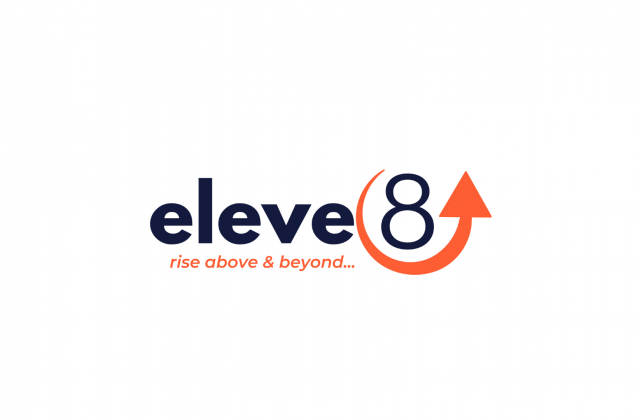
how work for
New Patient
how work for
Admitted Patient

AI in Various Aspects of Patient Care
Patient Satisfaction
- We can see a relationship between patients’ feedback and care provided using various statistical techniques and machine learning, including natural language processing. Recommendations
- We can provide personalized recommendations for patients for care providers or for specific needs for patients. Diagnosing Diseases
- We can use machine learning and deep learning in diagnosing specific diseases.
How?, Use of AI,ML and IoT in Healthcare
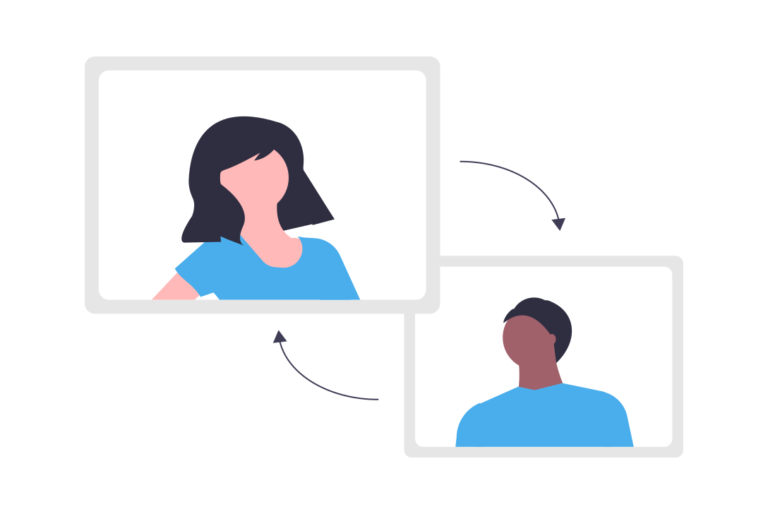
Patient care by remote system

Emergency care
Tracking Patients Now Your Staff
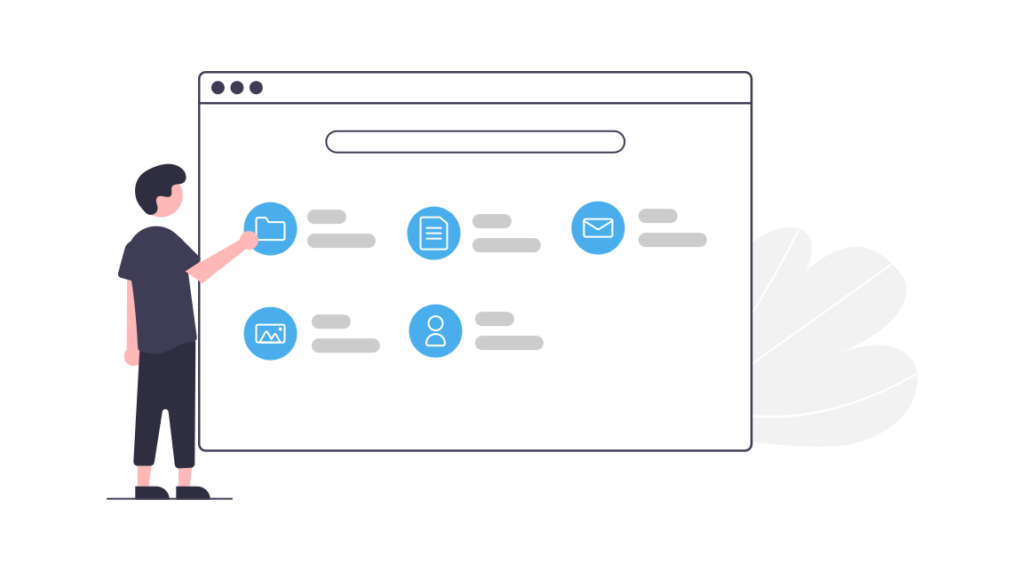
Medicines Management

Patient's wearable
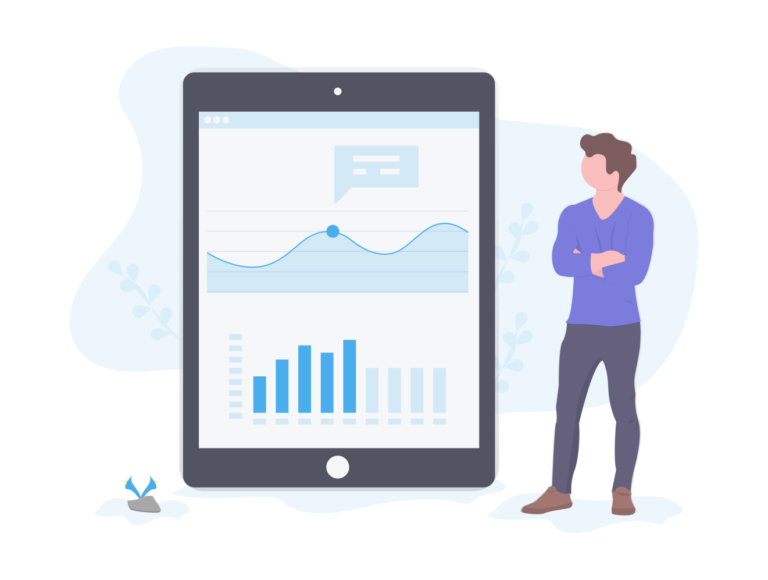
Reporting
A visit from your virtual doctor

With the help of IoT technology, you can easily take the help of a virtual doctor, from any place and anytime you can consult your doctor and check all your activities and it can also measure your biometrics through which you Can save a lot of time.
